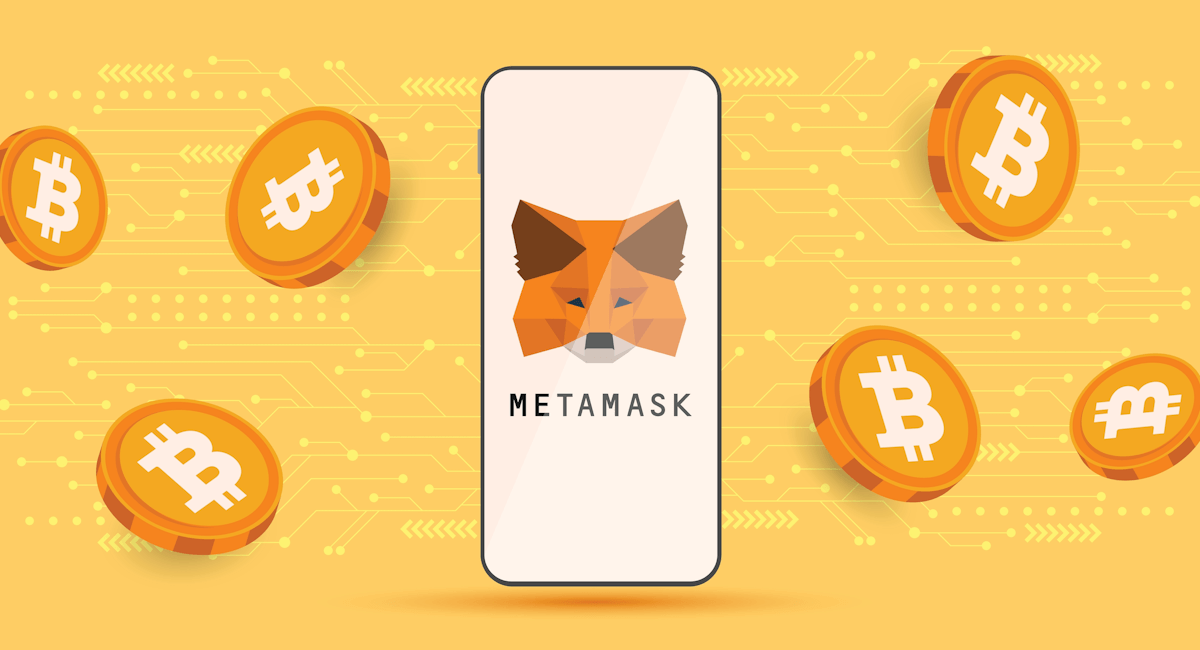In the fast-evolving world of digital finance, crypto wallets have emerged as an indispensable tool for anyone involved in the cryptocurrency ecosystem metamask extension. Whether you’re a seasoned trader or just dipping your toes into the digital currency space, understanding crypto wallets is crucial to safeguarding your assets and navigating blockchain technology with confidence.
What Is a Crypto Wallet?
A crypto wallet is a software application, hardware device, or even a physical paper that stores your cryptocurrency keys—namely, the private and public keys required to access and manage your digital assets. Unlike traditional wallets that store physical currency, crypto wallets do not actually store cryptocurrencies. Instead, they store the cryptographic keys that prove ownership of a digital asset recorded on a blockchain.
Private and Public Keys
- Public Key: Often compared to a bank account number, the public key (or wallet address) is used to receive cryptocurrency. It is shared with others to allow them to send funds.
- Private Key: Analogous to a password, the private key is a secret number that must be kept secure. It grants access to the funds in the wallet and authorizes transactions. If someone gains access to your private key, they have full control over your assets.
Types of Crypto Wallets
Crypto wallets come in various forms, each offering different levels of security, convenience, and functionality. Understanding the differences can help you choose the right one based on your needs.
1. Software Wallets
Software wallets are applications or programs installed on a computer or mobile device. They offer ease of use and quick access to funds but are more susceptible to online threats such as malware or hacking.
- Desktop Wallets: Installed on a PC or laptop, these wallets are generally considered secure as long as the device is free of malware. They are best for users who prefer managing their crypto on a computer.
- Mobile Wallets: These are apps designed for smartphones, offering the convenience of managing crypto on the go. They often come with additional features like QR code scanning, which makes transactions quicker.
- Web Wallets: Accessed through a web browser, these wallets store your keys online. They are the most convenient but also the least secure, as your keys are stored on third-party servers that may be vulnerable to cyberattacks.
2. Hardware Wallets
Hardware wallets are physical devices that securely store a user’s private keys offline. They provide a high level of security, making them a popular choice for those holding significant amounts of cryptocurrency.
- Security: Because the keys are stored offline, hardware wallets are less vulnerable to hacking. Even if the connected computer is compromised, the keys remain safe.
- Usage: Typically, hardware wallets require a physical confirmation (such as pressing a button on the device) to authorize transactions, adding an extra layer of security.
- Popular Options: Brands like Ledger and Trezor have established themselves as leaders in hardware wallet technology.
3. Paper Wallets
A paper wallet is a physical document that contains your public and private keys, often printed as a QR code. It is a form of cold storage and can be very secure if created and stored correctly.
- Advantages: Paper wallets are immune to online hacking since they are completely offline.
- Disadvantages: They can be easily lost, damaged, or stolen. Additionally, generating a secure paper wallet requires a trusted environment free from malware.
4. Custodial vs. Non-Custodial Wallets
- Custodial Wallets: In these wallets, a third party (such as an exchange) holds and manages your private keys on your behalf. While convenient, this means you must trust the custodian’s security measures.
- Non-Custodial Wallets: These wallets give you full control over your private keys. The adage “not your keys, not your coins” highlights the importance of holding your keys if you want to retain true ownership of your digital assets.
How Do Crypto Wallets Work?
At the core of a crypto wallet is cryptography. When you set up a wallet, a pair of keys is generated using complex mathematical algorithms. These keys work together to enable secure transactions on a blockchain.
- Key Generation: When you create a wallet, the wallet software generates a public and a private key. The public key is then used to create your wallet address.
- Transaction Process: When you send cryptocurrency, the wallet uses your private key to sign the transaction. This signature is then verified by nodes on the blockchain network using your public key.
- Security Mechanisms: Many wallets employ additional security features such as two-factor authentication (2FA), multi-signature requirements, and seed phrases (a list of words that can be used to recover your wallet) to enhance protection.
Best Practices for Using Crypto Wallets
Using crypto wallets safely requires vigilance and adherence to best practices. Here are some tips to ensure the security of your digital assets:
1. Backup Your Wallet
Always create a backup of your wallet, including your seed phrase. Store these backups in multiple secure locations to prevent loss due to hardware failure or theft.
2. Enable Two-Factor Authentication
For software and web wallets, enabling 2FA adds an extra layer of security. This ensures that even if someone obtains your password, they still cannot access your wallet without the second factor.
3. Use Hardware Wallets for Long-Term Storage
For large amounts of cryptocurrency or long-term holdings, consider using a hardware wallet. Its offline nature significantly reduces the risk of hacking.
4. Keep Software Up-to-Date
Regularly update your wallet software to benefit from the latest security patches and features. Cyber threats evolve rapidly, and outdated software can be a vulnerability.
5. Be Wary of Phishing Attacks
Always double-check URLs and never share your private keys or seed phrases. Phishing scams often mimic legitimate services to trick you into revealing sensitive information.
